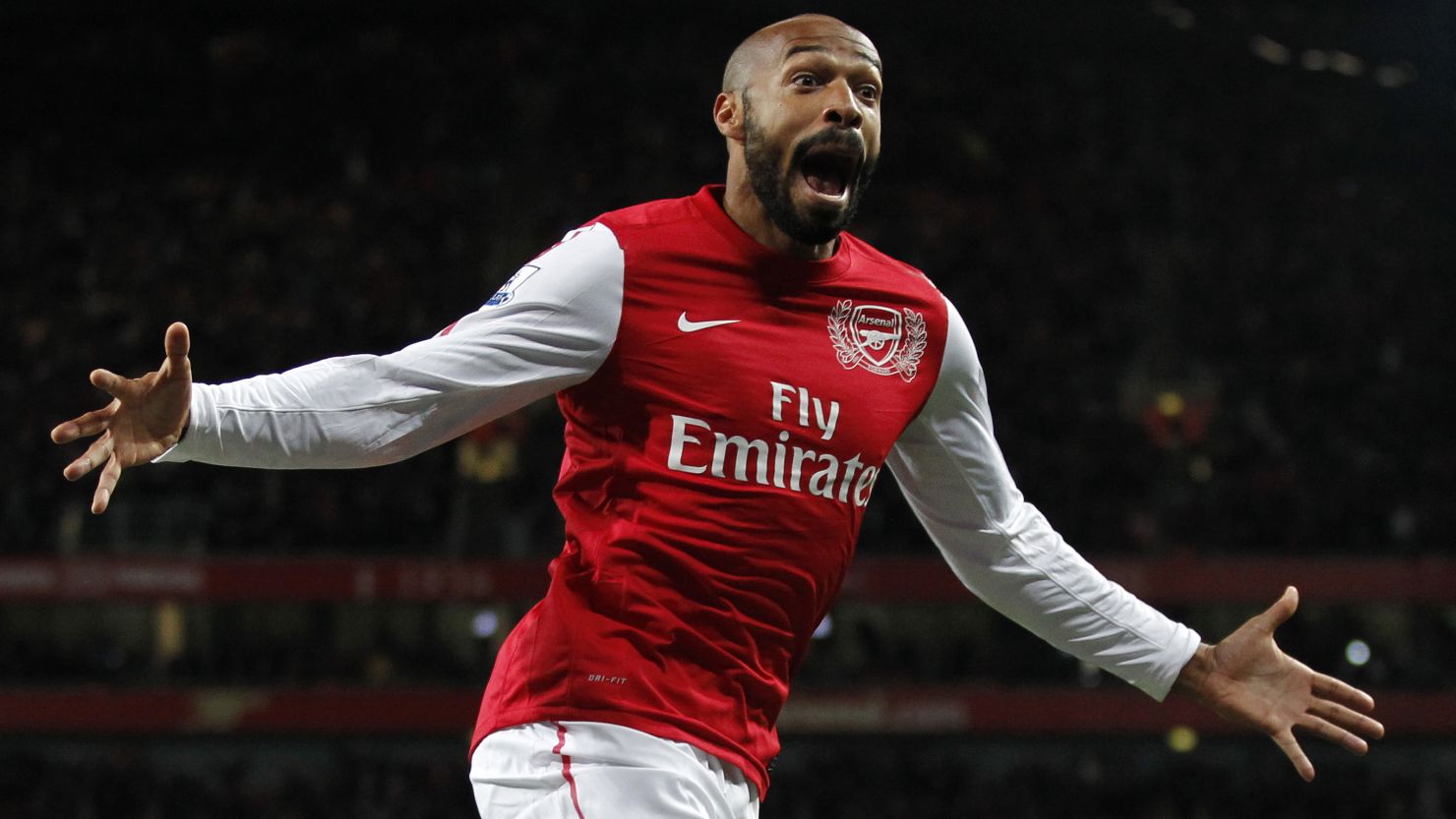Football, often hailed as “the beautiful game,” captivates billions with its drama, skill, and passion. Yet, beneath the glittering spectacle of packed stadiums and global tournaments, a growing concern casts a long shadow: the relentless, ever-expanding calendar. This exhaustive schedule is pushing the sport`s greatest assets—its players—to their physical and mental breaking points. Recently, legendary striker Thierry Henry, known for his incisive commentary as much as his devastating finishes, amplified this crucial discussion, issuing a direct challenge to football`s powerful governing bodies: FIFA and UEFA.
The Relentless Grind: A Modern Footballer`s Reality
For decades, professional football has demanded peak physical condition, but the modern era has escalated this requirement to an unprecedented degree. Today`s elite players routinely participate in 60, sometimes even 70, competitive matches within a single season. This isn`t just about club commitments across various leagues and cups; it`s compounded by a burgeoning schedule of international fixtures, often in disparate corners of the globe.
Henry, drawing from his own illustrious career, highlighted the cumulative toll. “I used to arrive in tournaments dead – mentally, physically,” he recalled, citing instances like the 2002 World Cup and Euro 2004 and 2008, where he arrived injured or too fatigued to truly prepare. His experience, while strenuous, pales in comparison to the sheer volume faced by today`s stars. The core issue isn`t merely tired legs; it`s the compromised performance, increased injury risk, and the lost joy in a sport that demands unwavering dedication.
Beyond the Pundit`s Chair: Why Current Players Must Lead the Dialogue
One of Henry`s most poignant arguments was a call to realism: “Don`t call me, UEFA. Do not call me, FIFA. I`m not playing anymore. I don`t know how it feels anymore.” This wasn`t a dismissal of his own insights, but a recognition that the lived experience of a footballer today is fundamentally different from even a decade or two ago. The solution, he asserted, demands an “educational discussion” directly with those in the trenches: players like Virgil van Dijk or Mohamed Salah.
“It`s about having an educational discussion with the players` union – a proper one, not with the ex-players… Speak to them. Have a discussion with them. They are the actors right now.”
This perspective carries a subtle, yet potent, irony. Pundits like Henry and his CBS Sports colleague Jamie Carragher eloquently articulate the problem, possessing the platform and gravitas to stir debate. Yet, they are, by their own admission, removed from the daily grind. The power to enact change, therefore, rests squarely with the current generation of players, whose collective voice, if united, could be an unstoppable force.
The Architects of Congestion: Revenue vs. Welfare
The relentless expansion of the football calendar isn`t an organic phenomenon; it`s a meticulously engineered strategy, largely driven by FIFA and UEFA. The introduction of competitions like the UEFA Nations League in 2018 and the redesigned FIFA Club World Cup are prime examples. While ostensibly offering new competitive opportunities, their primary motivation is often perceived to be increased revenue generation through broadcasting rights, sponsorships, and expanded commercial reach.
Jamie Carragher didn`t mince words, stating, “UEFA adding the Nations League – it wasn`t needed. FIFA adding the Club World Cup was not needed. Nobody is out there asking for those competitions. They`re just providing them to make more money and that`s it.” The candidness underscores a significant point: these additions are not born from a clamor for more football from the masses, but from a strategic desire for deeper pockets within the governing bodies.
The Cost to the Fan: Wallet and Weariness
The burden isn`t solely on the players` bodies; it extends to the fans` wallets and, ironically, their enthusiasm. As Henry pointed out, the proliferation of competitions translates directly into increased financial demands on supporters. Attending Nations League matches, Champions League fixtures, domestic cup ties, and purchasing team merchandise—it all adds up. “How deep is your pocket now as a fan?” he questioned, highlighting a very real economic strain.
Moreover, there`s a saturation point for even the most ardent football lover. Henry himself admitted to finding the sheer volume overwhelming, barely watching the Club World Cup final. Too much, even of a good thing, can lead to apathy. The governing bodies, in their pursuit of more, risk diluting the very product they seek to monetize, leading to fan fatigue and a diminished sense of occasion for once-prestigious tournaments.
The Path Forward: Collective Action and a Difficult Discussion
The solution is complex, requiring a delicate balance between commercial imperatives and player welfare. Carragher provocatively suggested that it might “come to a situation where the greatest players in the world come together and say enough is enough and to refuse to play.” While a player strike represents an extreme measure, it highlights the perceived power imbalance and the lack of truly effective dialogue.
Henry`s call for an “educational discussion” is a plea for something more constructive: a genuine, open forum where players` experiences and concerns are heard and acted upon. It requires FIFA and UEFA to move beyond a top-down approach and engage in meaningful negotiation with player unions. The football calendar cannot simply continue to expand indefinitely without severe consequences for the athletes who drive the sport and the fans who sustain it. The ball, quite literally, is in their court – the current players – to be “strong and vocal about it,” and for the governing bodies to finally listen.

